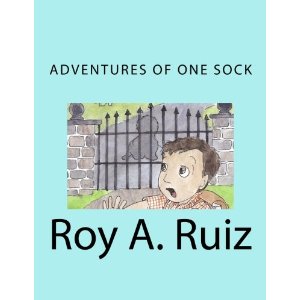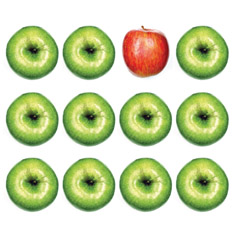I can’t set goals for my son, I can only set goals for myself in hopes of making his future a little better. People say the best way to achieve your goals is to write them down. It makes you accountable for them and reminds you of them later.
Anyway, I’ve been blogging for a little while and even had the opportunity to work with a few charities/groups on some things… so it got me to thinking about what I am going to do.
I don’t mean in the vague… “promise to always be there for him” sort of way but in the “what specifically can I do to improve his life by doing things within/for the Autism community” kind of way.
 So here are my personal goals for the future, as they pertain to the world of Autism.
So here are my personal goals for the future, as they pertain to the world of Autism.
- Develop a web/mobile app that will change the Autism Community
This is something I’ve already envisioned and outlined. I do not have the resources but do have the plan. This, if/when completed, has the potential to benefit each community as well as the global community in incredible ways. - Write a book
I have begun work on writing an Autism book, one that takes a very different approach from most other books. It’s something I’m very passionate about in that, completing it, may help to raise people’s understanding, not just awareness. This will help in my son’s future in that, the more people that understand between now and then, the better. - Ensure my son is not ignored
Now, I don’t know how exactly this is to be accomplished… through many smaller goals, I suspect… but should my son desire to speak up about Autism later in his life, in any way he should choose to do so… it is my mission now to make sure that he is not ignored when he does. - Make this my source of income
This one may sound a bit selfish, but it’s not. I don’t necessarily wish to make money from helping people or “doing good”, however, having to maintain a day job in order to have an income greatly limits my time, resources and ability to achieve all of the things that I would like to achieve. If it was my source of income, I could devote all of my time to doing it. So no, I don’t wish to become rich by any means.. in fact, I could make the same as I am making now, I don’t care. I just need to find a way to work harder, read more, write more, be more involved and the only way I can do that is if doing it replaced my day job.
It’s not a very big list, my skills and resources… as well as my ideas are limited. Having a family of 4 and a day job will do that. None-the-less, the few goals that I do have there are rather hefty.
And now that I’ve shared them with you… I have to do them!
So I will.













